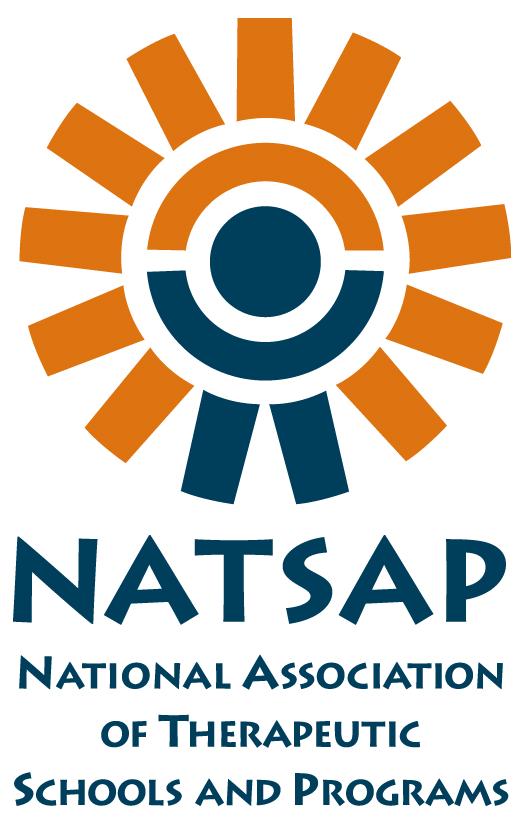Another type of Information Processing Disorder is the Visual Processing Disorder. Visual Processing Disorder is an informational processing disorder or Learning Disability (LD). This does not pertain to how well a person sees; it is how the information that is seen is interpreted by the brain.
Examples of Visual Processing Disorder:
- Difficulty distinguishing the difference between similar objects, shapes or letters
- Problems noticing similarities and differences when comparing colors, shapes and patterns
- Trouble differentiating shapes or letters from the background they are printed on
- Difficulty with math problems (dyscalculia)
- Poor school performance
- Exhibit behavior problems
- Reversing or misreading words, numbers or letters (dyslexia)
- Difficulty reading consecutively line after line; often skips lines or rereads the same line of printed text
- Difficulty writing within the lines and margins on a piece of paper (dysgraphia)
- Difficulty taking notes from the blackboard, overhead or a book
- Problems with physical activities that require timed execution
- Difficulty with spelling
- Difficulty with reading comprehension
- Problems remembering sequential numbers such as locker combinations or telephone numbers
- Trouble with judging time
- Difficulty recognizing a picture if something is missing
- Problems with spacing – understanding distance
- Problems reading maps
- Trouble getting from one place to another
Helpful strategies for someone with Visual Processing Disorder:
- Practicing with word search games or other games where you search for pictures within pictures
- Using a computer to write
- Using a tape recorder in class for lectures
- Allow exams to be administered orally
- Have a Note taker in class
- Using verbal direction as well as written instructions
- Practicing social skills that focus on judging how far you should stand or sit next to another person
Auditory Processing Disorder cannot be cured. It is a lifetime disorder. It is important to get help for your teenager. The educational system can help and you are a vital member of the team that creates an Individual Education Plan (IEP) that will put in place aids for your teen to be successful academically.
It is not unusual for a teenager to have behavior problems because of the frustrations they have due to a Learning Disability. Triumph Youth Services has an accredited academic program that can help your teen. Call them.
Reference:
http://en.wikipedia.org/wiki/Visual_processing
http://www.ncld.org/types-learning-disabilities/adhd-related-issues/visual-processing-disorders/visual-processing-disorders








